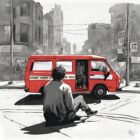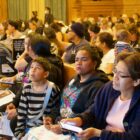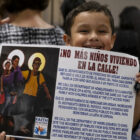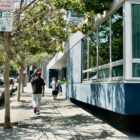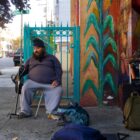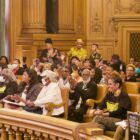California
The Often Vicious Cycle Through SF’s Strained Mental Health Care and Detention System
Thousands of people last year fell into San Francisco’s complex, reactive, strained system for treating severe mental health and drug-related crises.
To explain how that system works and its effects on the people who enter it, we begin with the story of one man, Jay. As with many others — including those who are unhoused or are detained without their consent following a call from an alarmed observer — Jay had received temporary care, entailing multiple involuntary psychiatric holds, that failed to address his long-term problems. That left him back on the streets to fend for himself or, with the help of passersby, try again to get the aid he needed.
